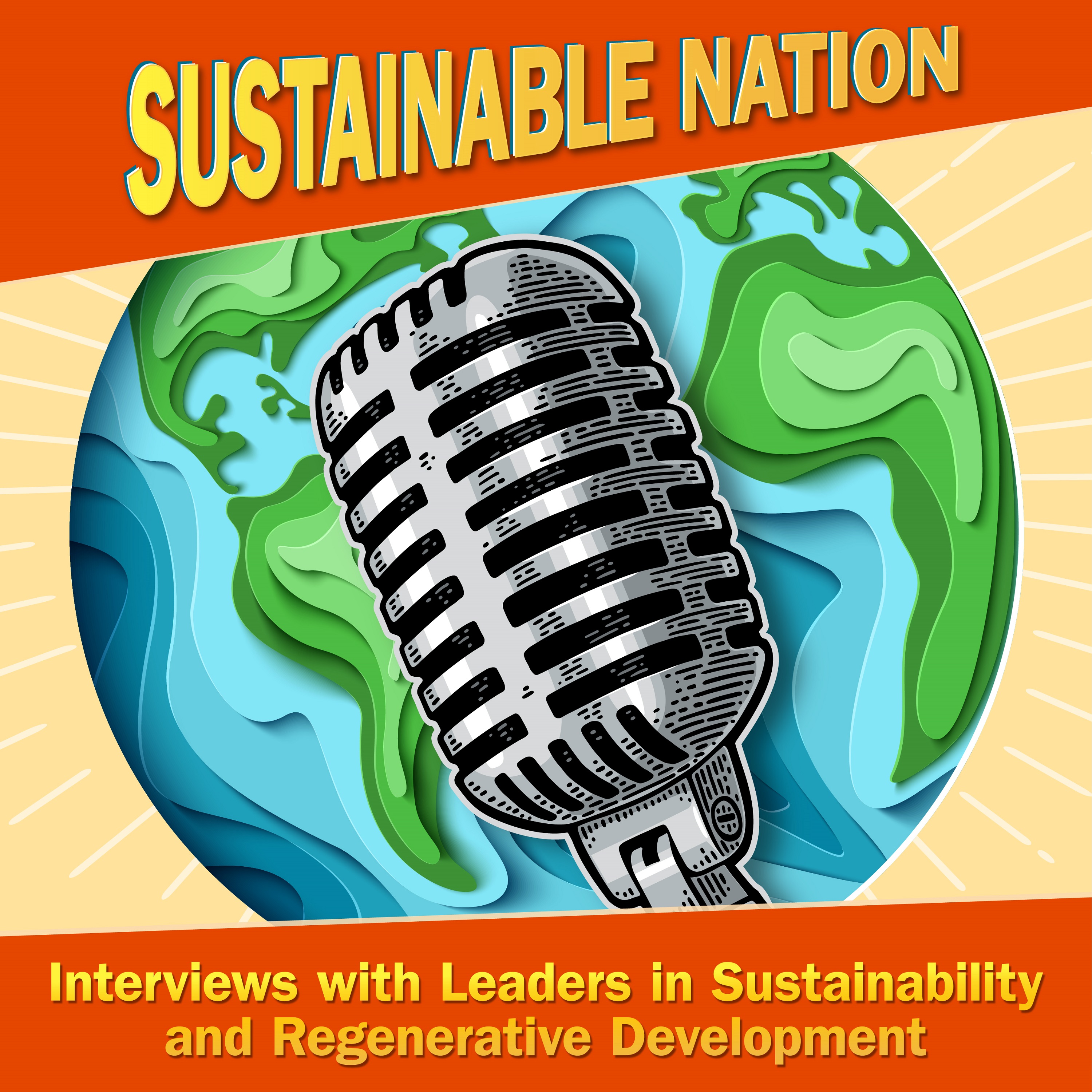Richard Heinberg - Author of The Party's Over and Post Carbon Institute Senior Fellow

b'
Richard Heinberg is the author of thirteen award-winning books including\\xa0The Party\\u2019s Over; Powerdown; Peak Everything;\\xa0The End of Growth;\\xa0and\\xa0Our Renewable Future,\\xa0as well as hundreds of articles and essays.\\xa0He is a Senior Fellow of the Post Carbon Institute and is widely regarded as one of the world\\u2019s foremost advocates for a shift away from fossil fuels. He has delivered hundreds of lectures to audiences around the world and has been published in\\xa0Nature, Wall Street Journal, Christian Science Monitor,\\xa0and Reuters.
Richard Heinberg joins Sustainable Nation to discuss:
- The current state of energy and its contributions to the climate crisis
- The shale gas and tight oil bubble
- Community resiliency
- The transition to a fossil fuel free future
- Recommendations and advice for sustainability leaders
Richard Heinberg\'s Final Five:
What is one piece of advice you\'d give other sustainability professionals that might help them in their careers?
I don\'t know if it\'s a piece of advice, but I\'d just say, hey you\'re doing the most important work anybody is doing right now, so even if it\'s tough, keep at it.
What are you most excited about right now in the world of sustainability and regenerative development?
One of the things I\'m excited about is carbon farming. I think there\'s a huge opportunity for us to take CO2 out of the atmosphere and put it back in soil, and as a result of that, we could change our whole food system for the better.
And we could reverse climate change if everybody switched over to regenerative agriculture practices. Northern California is definitely doing a lot of great work in that area. What is one book you would recommend sustainability professionals read?
Sustainability professionals are sort of keeping up with the latest literature on climate and renewable energy and so on. But I would really recommend that sustainable professionals also read some of the classics in the field going back all the way to the seventies and before. Things like Limits to Growth. If you haven\'t read that book, you really owe it to yourself to study it closely.
How are we tracking those predictions from that book?
We\'re very much on track. Not just the team of scientists who produced that book, but also independent groups have gone back and looked at the scenarios and the trajectories that were discussed in Limits to Growth. It\'s some of the most accurate modeling that\'s been done on world systems.
That\'s pretty incredible. Especially, all the controversy surrounding that book when it came out. And here we are 40 years later, 50 years almost, and where we\'re right on track with most of it. It\'s kind of scary. What are some of your favorite resources or tools that really help you in the work that you do?
You know, there\'s a great website for modeling energy and climate. It\'s called Climate Interactive. And you can go there and tweak the dials yourself. There\'s a tool called C Roads that\'s for carbon emissions, and one called EN Roads that\'s for working with an energy sources. And again, you can tweak the dials with energy and public policy and so on, and see what actually happens in terms of carbon emissions. If you do that, I think one of the things you learn is that there are no easy answers. There are a lot of tradeoffs and there\'s no silver bullet.
And finally, where can our listeners go to learn more about you and your work?
There are a couple of websites I\'ve mentioned for my work, Richard Heiberg.com is a good place to go. I have lots and lots of archived essays there. And then for Post Carbon Institute I would recommend our public website resilience.org. And that\'s just a fantastic website to look at every morning to see news about resilience work and sustainability. Not just in the US, but also elsewhere in the world. So those are the best.
'